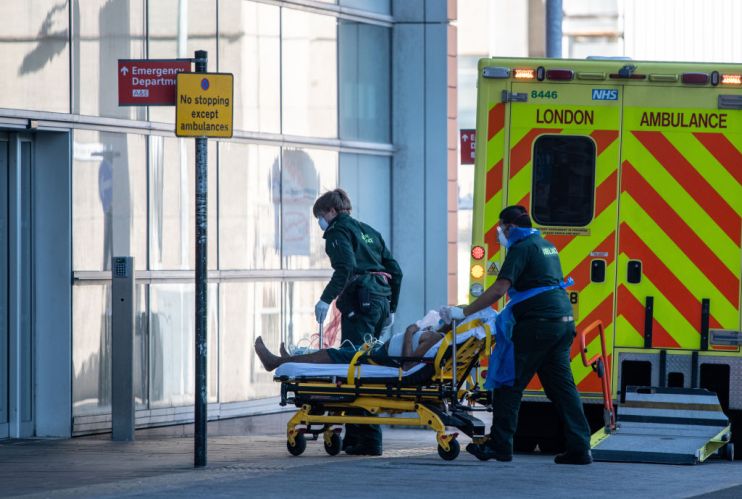Mass coronavirus testing study launched to determine immunity levels

Around 20,000 households in England will take part in the first stage of a coronavirus testing study to determine the spread of Covid-19 and the level of immunity in the general population, the government has announced.
The study, which will test up to 300,000 people overall over 12 months, will include antibody testing of around 1,000 adults to help understand immunity levels.
The aim is to understand the current rate of infection and how many people could have developed antibodies to the virus as the government seeks a way forward from the UK’s coronavirus lockdown.
Initial findings are expected to be available early next month and will inform the response to the virus. The government’s current lockdown extension runs until around 7 May.
Health secretary Matt Hancock said: “This survey will help to track the current extent of transmission and infection in the UK, while also answering crucial questions about immunity as we continue to build up our understanding of this new virus.
“Together, these results will help us better understand the spread of the virus to date, predict the future trajectory and inform future action we take, including crucially the development of ground-breaking new tests and treatments.”
Participants in the study will provide samples taken from self-administered nose and throat swabs, which will show whether they have the virus, and answer some questions during a home visit by a health worker.
They will be asked to take further tests every week for the first five weeks, then every month for 12 months.
In total, 25,000 people will take part in the pilot phase of the survey, and the government plans to extend it to up to around 300,000 over the next 12 months.
Adults from around 1,000 households will also provide a blood sample taken by a health worker, which will help determine what proportion of the population has developed antibodies to Covid-19.